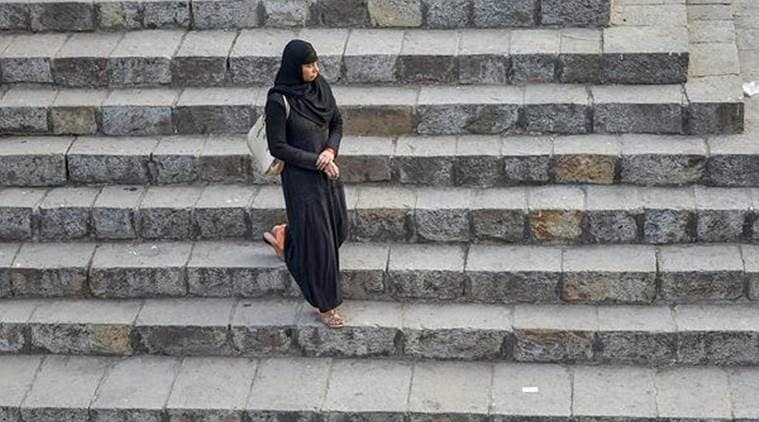Ruse Of Gender Justice
Triple talaq legislation does not have anything to do with women’s empowerment

All government policies must be judged keeping two things in mind: The circumstances at the time of introducing a legislation and the actual impact of a law. The Supreme Court (SC) judgment of 1985 that allowed Shah Bano to claim maintenance under the Code of Criminal Procedure was applauded as a progressive judgment. I cannot disagree with the merits of that judgment but the controversial law — subsequently the Muslim Women (Rights on Divorce) Act, 1986 that was drafted by the Rajiv Gandhi government — came under severe attack at the time. It was seen as an act to appease the conservative Muslim and against the empowerment of Muslim women.
Be that as it may, what critics of the 1986 Act must in all humility realise now is how this law actually impacted women over the last three decades. The 1986 Act actually defines the rights of a Muslim woman on divorce. Section 3 says that she will be entitled to a fair and reasonable amount for maintenance. She will also be entitled to the property she receives from her relatives and the relatives of her husband. If her husband fails to pay her, she can claim her maintenance from the people who stand to inherit from her, if they fail, she can claim maintenance from her family and if they fail as well, she can claim maintenance from the state’s wakf board. The most empowering provision is that she must be paid within the iddat period — three months.
Danial Latifi, Shah Bano’s lawyer, amongst others, challenged the 1986 Act in the SC as unconstitutional. In 2001, Court upheld the Act and went on to state that it captured the spirit of the 1985 judgment. The 2001 verdict further clarified that she will get her settlement for her entire life as a lump sum within the iddat period. Lawyer and activist Flavia Agnes has noted that this law has given Muslim women maintenance to the extent of making men in the community unhappy. Courts have been flooded with appeals by husbands challenging orders of maintenance under the Act. Compare the Rs 179 received by Shah Bano to the women who got lakhs under the 1986 Act.
In 2017, the SC deemed instant triple talaq to be void in the Shayara Bano case. The government’s ordinance, however, criminalises it and the justification is it will deter Muslim men. No where does the judgment mention a need for criminalisation. The ordinance assumes that it will invoke fear in the husband’s mind. But is there anything that stops him from deserting her? Anyone who has dealt with matrimonial litigation or faced matrimonial disharmony will vouch for the fact that it is economic disempowerment that puts a woman in an unequal position. The government could have levied a fine for practising instant triple talaq.
There is no law that can force a married couple to stay married, all that lawmakers can do is codify the rights and liabilities of the parties on separation. The ordinance keeps the couple married and gives the woman nothing but a right to prosecute her husband. In comparison to the fair and reasonable amount sanctioned by the 1986 Act, the triple talaq bill said she must be given a subsistence allowance — the ordinance does not define this.
The Act of 1986 struck a balance between the rights of a community and of its women. Those who today applaud Narendra Modi’s ordinance as a tool of empowerment of Muslim women must not forget the context. With general elections a month away, the prime minister desperately needs to appear inclusive to please the neutral voter, who feels letdown by incidents of cow vigilantism, mob lynching and the assassination of liberal writers.
Shayara Bano has the advantage of nullifying her talaq, so the woman remains legally married to her husband (who she did not want to return to). But she has no financial support. The ordinance empowers her to file a criminal case with no real relief and makes things more acrimonious. Maybe that’s why under all other personal laws, the remedy for desertion lies in the restitution of conjugal rights which gives the couple the time to reconcile, not criminalisation.
Therefore, I see no justification for criminalising triple talaq.
Therefore, I see no justification for criminalising triple talaq.
The writer is a Congress Lok Sabha MP










.png)




























No hay comentarios:
Publicar un comentario